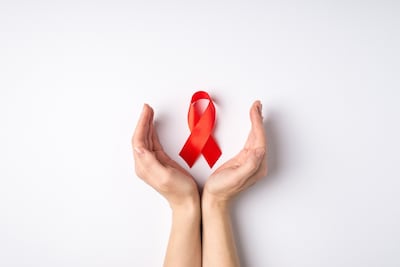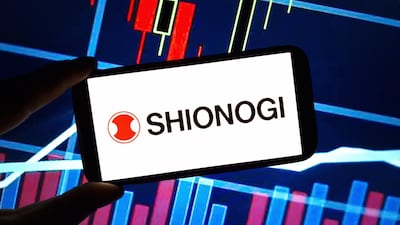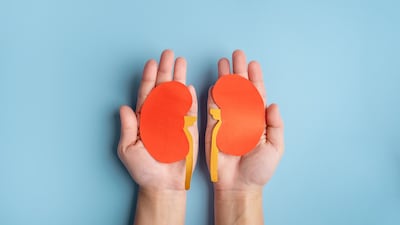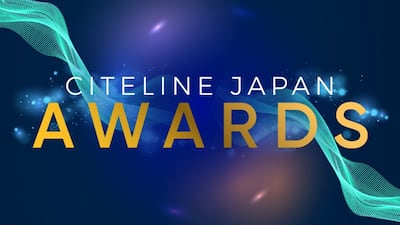Japan
Henlius planning Japanese NDA by end of March 2027 for ES-SCLC and development in several other indications.
US priority review for Japanese firm's first-in-class ADHD drug could result in approval of a new option this year.
While several companies await regulatory approval decisions on their cell therapies in Japan, BioCardia proceeds with discussions on an NDA filing and Innovacel readies an IPO.
Japan's main pharma industry association to assist government agency's early research and drug discovery projects by providing expertise.
The US giant is narrowing its focus on obesity and cancer.
Hisamitsu's CEO is taking the Japanese firm private through a management buyout aimed at securing future growth.
Bain Capital will get back a large chunk of the $3.3bn spent on acquiring Mitsubishi Tanabe through the divestment of the firm’s best-selling product to Shionogi, which will accelerate its diversification away from infectious diseases in the process.
The firm founded by Treg cell discoverer Shimon Sakaguchi is building up its US team and refining R&D strategy and manufacturing processes to create an example and global path for other Japanese ventures.
Oncolys reaches hard-won milestone with an approval filing in Japan for its oncolytic virus therapy telomelysin through the sakigake pathway, with the Japanese venture eyeing its first commercial launch in 2026.
Following US approval of its first-in-class drug for IgAN sibeprelimab, Otsuka is planning an sNDA for an autoinjector in 2026 and is in talks with regulatory authorities in Japan and Europe.
Setting its focus on oncology, immunology and rare diseases, the firm anticipates double-digit growth for 2030.
While Astellas and Daiichi Sankyo rang in double-digit growth, Eisai offset LOE impact with Leqembi’s performance. Takeda struggled with negative results but announced several growth initiatives.
Japan's leading bioclusters tell a session at BioJapan that building a tight-knit community will help better connect different players in the startup ecosystem and help ventures grow and expand internationally.
Excellence, innovation and deal-making across the Japanese biopharma sector were celebrated at the Citeline Japan Awards 2025, held in Tokyo on 21 October.
Global generics-focused giant acquires Japanese venture with late-stage, two-asset CNS pipeline as it looks to build presence in Japan.
Astellas's first-in-class CLDN18.2-targeting antibody has missed its primary endpoint in a Phase II trial for pancreatic cancer and is facing increasingly fierce same-class competition in this and other indications.
Japan's latest Nobel Prize win sparks hopes for renewed investment in biopharma R&D by the national government, including in a venture co-founded by the winner.
Japan continues to see promise in iPSC and other cell therapies, despite two major firms recently announcing their withdrawal from the area and other setbacks.
After tough negotiations which won the country a lower US levy on pharmaceuticals, there still appears to be some confusion within the Japanese government following President Trump's latest announcement on global pharma tariffs.
Shortlists of potential winners in all categories of the Citeline Japan Awards 2025 have now been released. Join us at the event in Tokyo on October 21, it’s not too late to book your table!



















